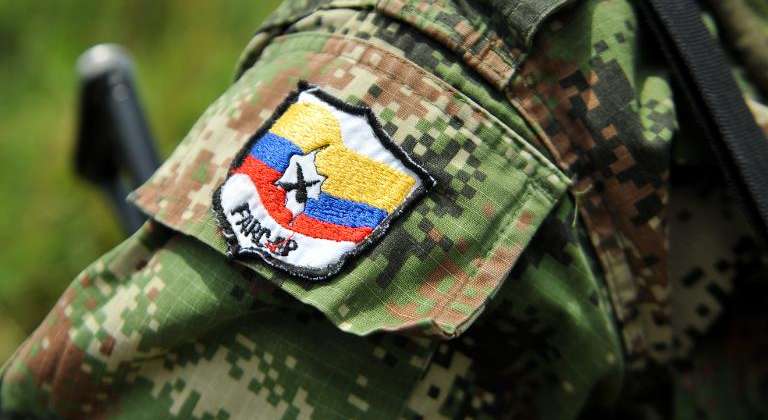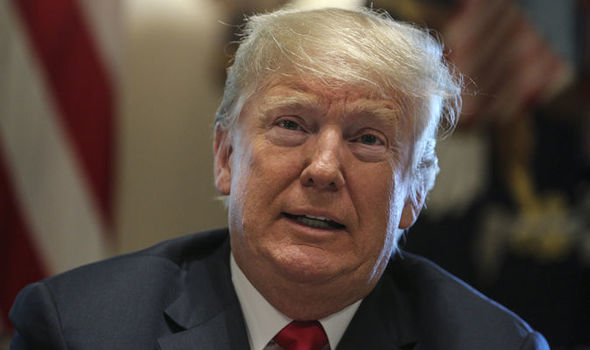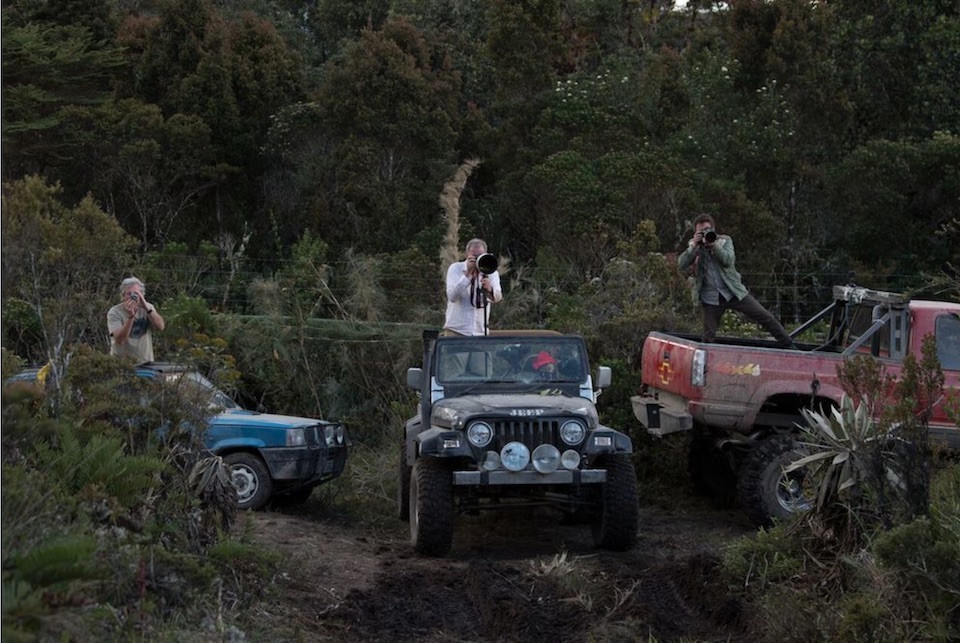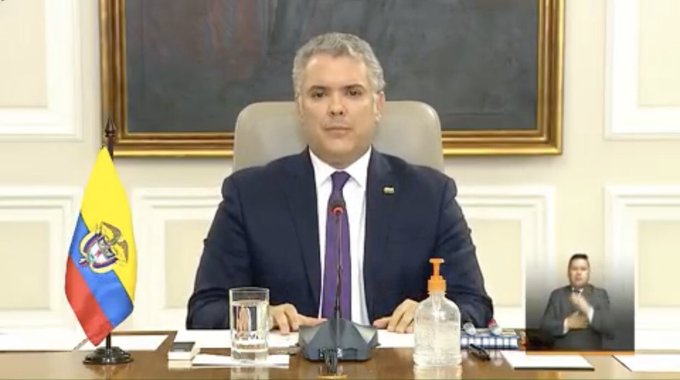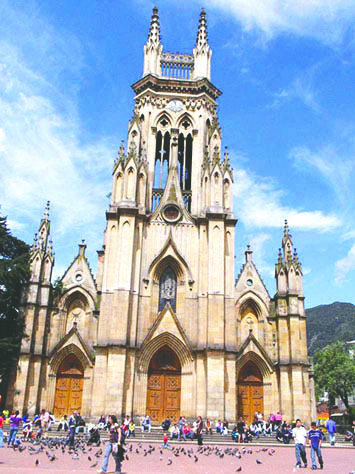Here’s how one NGO is helping communities in La Guajira make and sell mochilas.
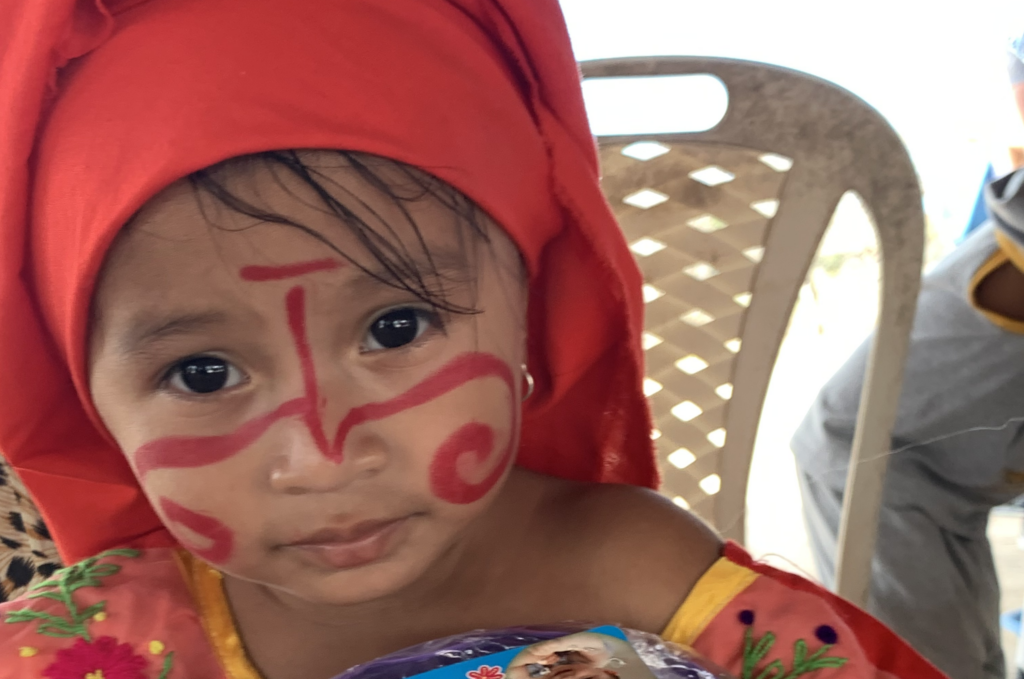
According to DANE data, over half La Guajira’s inhabitants are lacking in basic needs, making it is one of the poorest areas in Colombia. There are no easy solutions, but one project that is helping to support the community is the production and sale of Wayuu mochilas.
We spoke to Juan Carlos Buitrago, head of ABACO (Association of Food Banks of Colombia), about his organisation’s participation in Banco de Hilos – a project trying to commercialise the Wayúu artisan trade and improve the quality of life in the region.
Banco de Hilos was conceived while filming a documentary in La Guajira called Los paisajes del hambre. “We saw a family in a very critical situation and the family related to us how a person arrived, left them some threads and in the morning returned to collect the backpack and paid the family barely a thousand pesos,” Juan Carlos explains.
A simple search online is enough to see hundreds of bags being sold online, some upwards of £100. What’s harder to find is substantial information on how much these bags are being bought for from the Wayúu weavers and how much money companies are making from their sale. Some may not even be made in Colombia, never mind La Guajira.
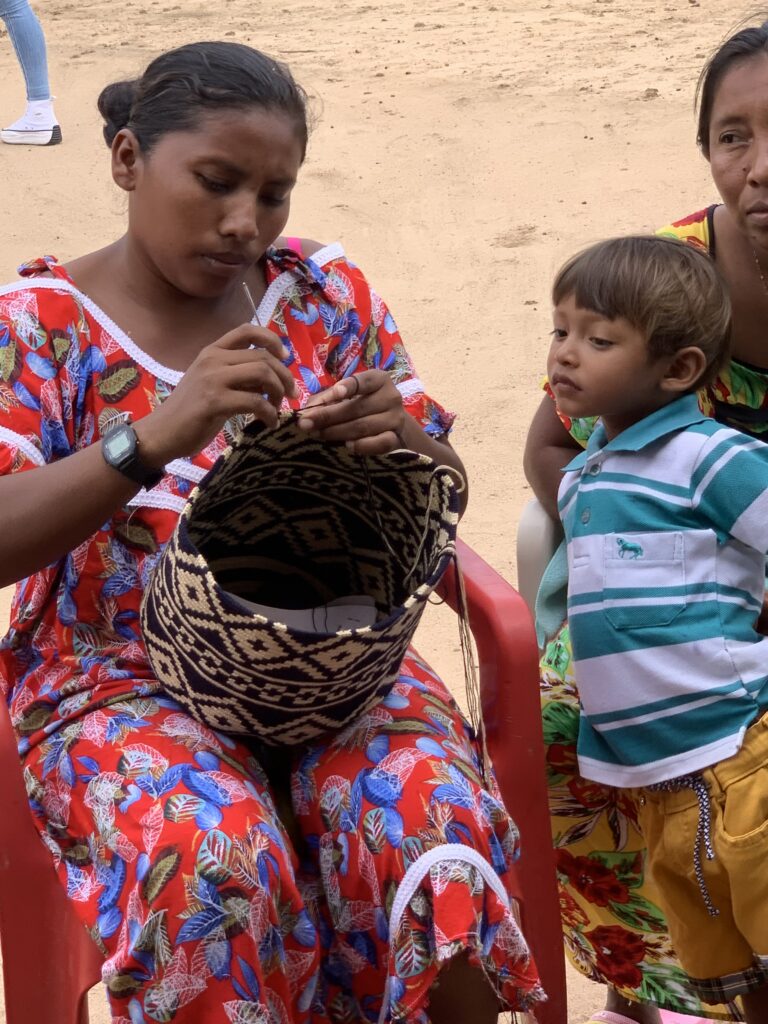
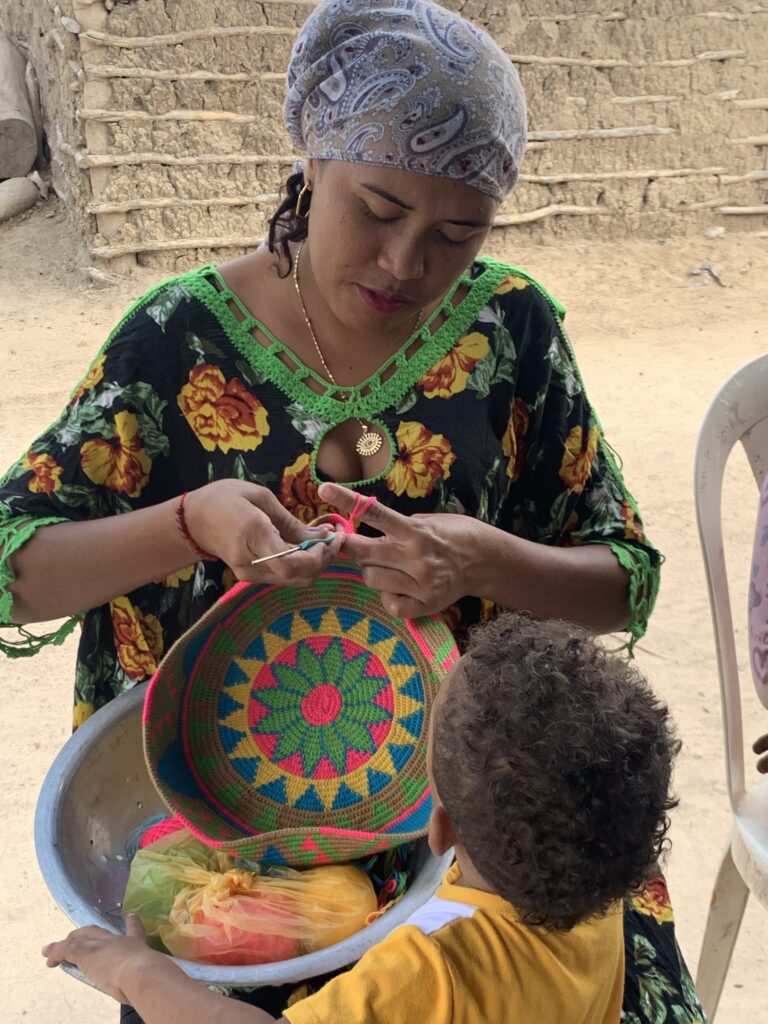
Arid climate and corruption present significant challenges
Mobilising mochila sales is only one part of Banco de Hilos’s operations in the area. They also do traditional charity work with the Wayúu; feeding children, weighing them, giving out medicine, and community building. However, they are also focusing on rejuvenating the artisanal trade of the Wayúu mochilas in order to increase the communities income and quality of life. Juan Carlos calls it “a comprehensive project.”
“We are striving to get the bags made more beautiful and of better quality so that they sell more and generate a higher income,” Juan Carlos tells me. The process seems simple and transparent. Banco de Hilos pays the Wayúu weaver a fair price for the mochila, alongside donating a food packet and a new set of threads.
However, external factors have made ABACO’s work challenging, whether that’s reducing hunger or developing the mochila project.
Juan Carlos believes hunger in the region has multiple causes. The first is poverty and an increasingly arid climate. La Guajira struggles with high levels of drought and traditional methods of water conservation in the Wayúu’s reservoirs or jagüeyes is becoming unsustainable. The second reason, Juan Carlos explains, is that the communities are spread across a large area, which makes access to food and health care even more challenging. He later recalls that transportation of food and medical packets was one of the biggest difficulties ABACO faced in the area. Finally, Juan Carlos cites corruption – the public resources and projects the region needs simply aren’t arriving there.
With the Constitutional Court saying that 4,770 Wayúu children dying of malnutrition between 2008 and 2016, these claims of corruption are serious. The Court also said that corruption got in the way of solving a number of issues, such as access to water and health services, estimating billions of pesos have disappeared. According to Human Rights Watch, over 900 cases are being investigated, but these cases seldom get anywhere due to limited numbers of investigators and prosecutors.
Banco de Hilo’s work in La Guajira
Despite these difficulties, Banco de Hilos has experienced many successes. “We aren’t only delivering food to the region…we’re conducting productive projects.” says Juan Carlos. From building solar lamps to commercialising their trade, ABACO along with Banco de Hilos has been working holistically with the community. “We aren’t experts,” he adds. But that hasn’t stopped the group from working with people and organisations to help them sell the mochilas at a dignified price.
Respecting the Wayúu’s artisan trade has more than monetary value. The production of these bags is tied up in the significant cultural history of weaving. For the Wayúu, weaving is a means of expressing their deepest emotions, desires and interpretation of the universe.
Buying these bags from ABACO is one of the many ways the public can help the Wayúu community. Other monetary donations can be done via sponsoring a child in La Guajira or by donating to projects such as Banco de Hilos. Volunteers can also give their time and there is a role for everybody. Publicists can help generate campaigns, people volunteer in vulnerable communities or you can simply collect and send food to ABACO.
Donate, sponsor a child or buy a mochila at: https://abaco.org.co/hilos/

